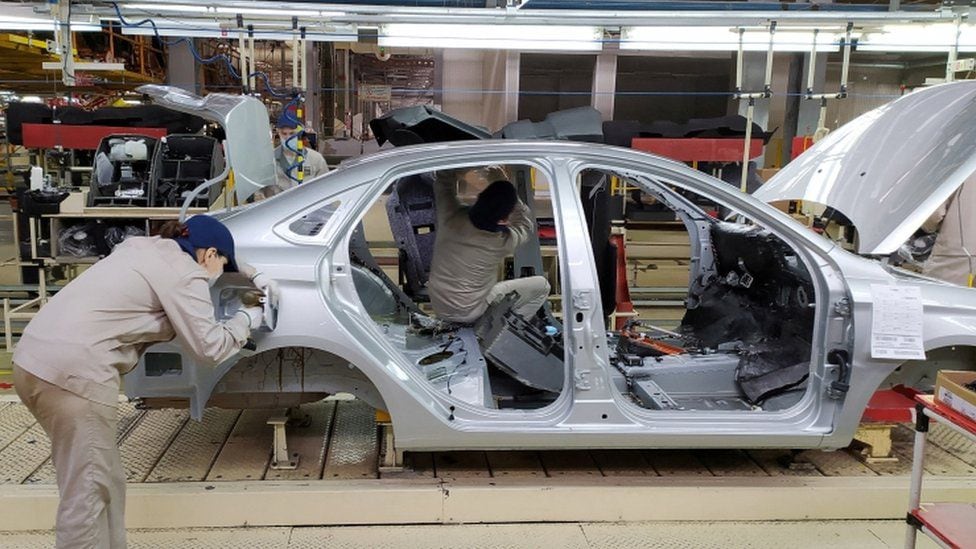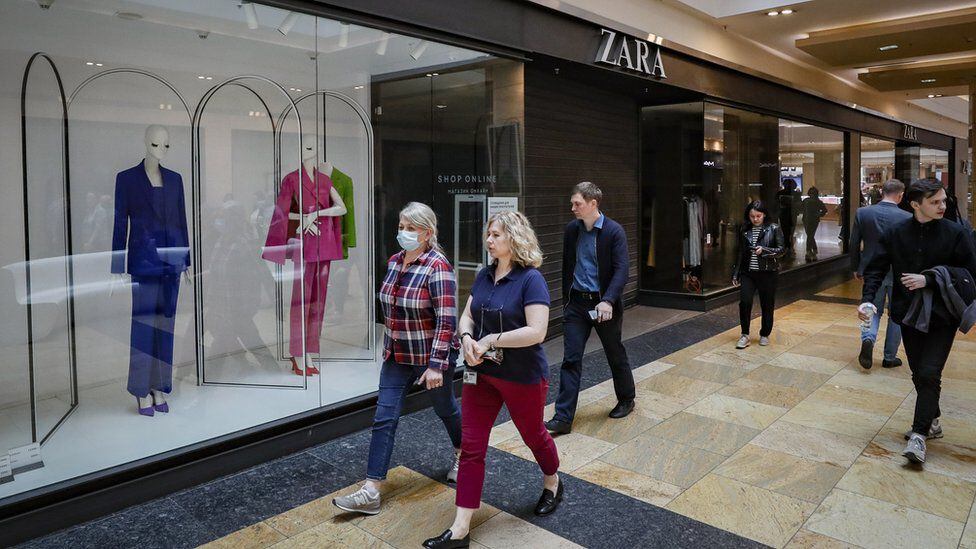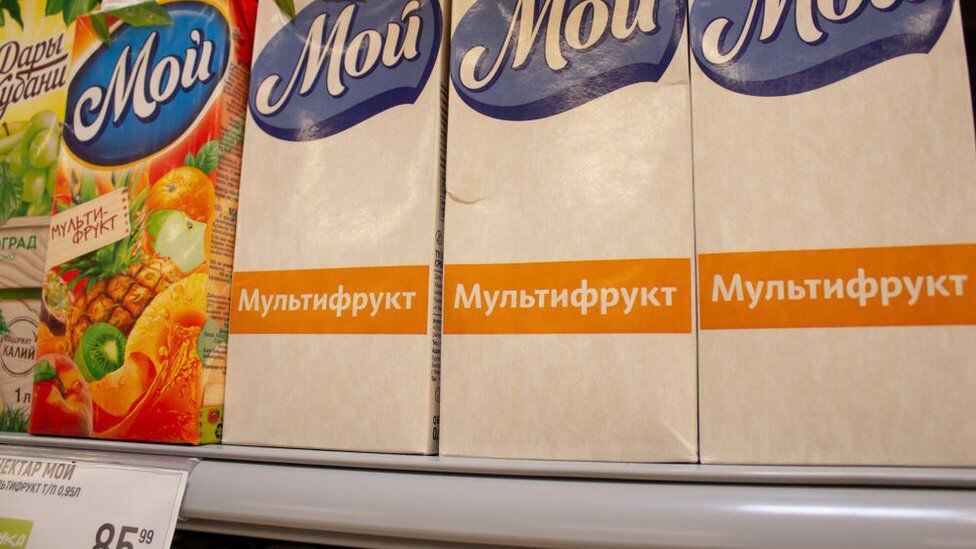“It is the most affordable new vehicle in Russia. They call it… the anti-sanctions car!”
With that phrase, Russian state television presented the new, not-so-improved Lada as it left the factory in the city of Tolyatti, some 1,000 kilometers southeast of Moscow.
LOOK: What is the real risk of war between China and the US due to the escalation of tension over Taiwan?
“More affordable” may be its only strong point. Due to Western sanctions, the Russian automaker cannot import all components that I used to buy abroad.
Thus, the “anti-sanctions” Lada Granta has no airbag, no anti-lock braking system, no stability control, and no seat belt pretensioners.
Almost four months after the invasion of Ukraine, the new Lada sums up the Russian economy: Still working, despite some missing parts.
The fact that it continues to function is an achievement, with Russia currently being the most sanctioned country in the world.
According to the Statista data service, more than 10,500 restrictions were imposed on Russian individuals and companies, of which more than 7,500 were implemented in the last four months.
No wonder some pundits have been predicting that, by now, the wheels of the Russian economy would have completely crumbled.
“The scale of international sanctions would have caused economic collapse if they had come out of nowhere,” says Chris Weafer of Macro Advisory in Moscow.
“But Russia has been experiencing sanctions incrementally since 2014. There has been a huge increase, but it is something that it has already been dealing with,” he adds.
“In addition, the fear of supply disruption means that Russia has been making even more money from the export of energy and raw materials. In the first five months of the year, its current account surplus was a record: $110 billion. You can use that money not only to fund the military, but also to subsidize state industries and ensure that unemployment doesn’t rise or incomes don’t fall too low,” he notes.

Buffered Damage
Capital controls helped strengthen the ruble and inflation began to decline. But a deep recession is looming. In 2022, the Russian economy is expected to contract by up to 10%.
Russian consumers have yet to feel the full effects. Supermarket shelves in Moscow are still quite full, although some imported items are no longer available.
It is in the shopping centers of Moscow where the change is most evident. Once bustling, now much quieter: fewer customers, fewer options.
In protest of the invasion of Ukraine, many foreign brands suspended their operations in Russia or withdrew altogether. Many stores are closed.

Behavior change
On the street I meet a taxi driver named Nikita. He predicts a rough road ahead for the minicab company he works for.
“Taxis get old very fast, so a taxi company must change them very frequently,” he explains.
“After the war started, car prices in rubles became ridiculously high. Therefore, our taxi company will not see new cars in the near future. We will have to use the old ones.”
Could the “anti-sanctions car” be a solution? Well, Nikita is not rushing to buy one.
“Even with an airbag, the Lada Granta is very small and uncomfortable,” he says.
Could economic difficulties at home give the Kremlin pause for thought? Could they hasten the end of Russia’s offensive in Ukraine? Are sanctions working?
“If the goal is to force behavior change by creating an economic and financial crisis, so the answer is noWeafer believes.

“Russia has not experienced a crisis. But it is entering a period of economic attrition. For the autumn and winter, it faces a harsher reality. In particular, once the European import ban comes into force. Russian oil and products, and that the government must reduce spending. Russia will inevitably have two or three years of a stagnant economy. The question is if that will last 10 years, “says the analyst at Macro Advisory.
“Russia is isolated from many imports of Western technology that just can’t replace. China made it clear that it is not going to supply Russia with sanctioned technology, because it itself may face secondary sanctions,” she adds.
“There is no reason to assume that Russia’s economy will not be able to function. But it will do so with a much lower level of technology and efficiency. The gap with the rest of the world will get bigger. Russia’s economy will lag behind,” concludes Weafer.
Source: Elcomercio
I, Ronald Payne, am a journalist and author who dedicated his life to telling the stories that need to be said. I have over 7 years of experience as a reporter and editor, covering everything from politics to business to crime.

:quality(75)/cloudfront-us-east-1.images.arcpublishing.com/elcomercio/GQZDCMJNGA3C2MJWKQYDAORUGI.jpg)

:quality(75)/cloudfront-us-east-1.images.arcpublishing.com/elcomercio/TPZUQ4MMOZCJ5HXVGVWZTW3F44.jpg)
:quality(75)/cloudfront-us-east-1.images.arcpublishing.com/elcomercio/AW5RKYENLZGYZPPN6Z6SUC2A4Q.png)

:quality(75)/cloudfront-us-east-1.images.arcpublishing.com/elcomercio/ONIQB2CZFZDBZHHJGSUWOTXAOI.jpg)
